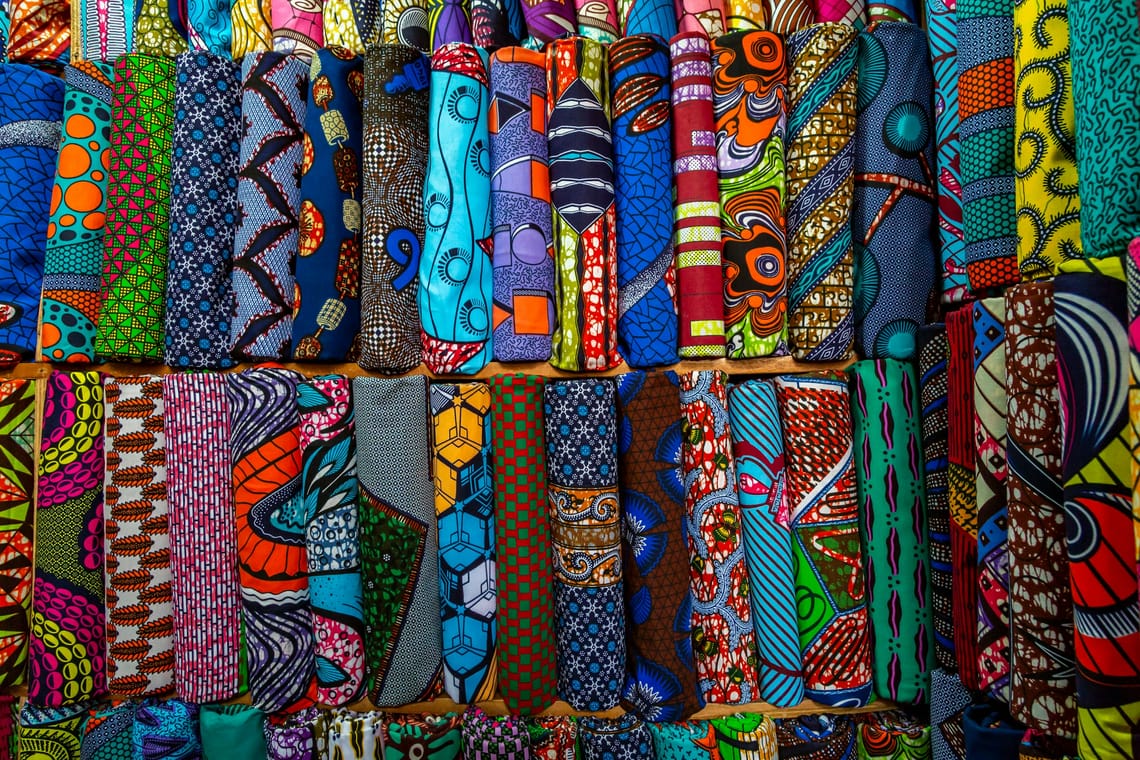There is one, objective I got one day from one African person when I was speaking about the importance of one’s own languages and this person who was owning English as their language, as the language they are identifying in. In my mind I have a story that is described in your book, decolonizing the mind, where you are talking about your experience as a young kid in a colonial school that when you were speaking your language as it was prohibited, and that children were punished for speaking their home language.
And incidentally I was also having a conversation with an older cousin of mine, he is in his 50s; and he had a similar experience in Ivory coast, a French speaking country. Two different countries and two different colonizers but same experience. Others, like people of the Americas had a similar experience with language.
So, it is interesting that you would get an African, be an advocate of maintaining this alienation from our own self, and our own languages when there is proof of massive systematic forcing of people away from themselves.
Monato
Because the result of that process, learning language through violence or abandoning your language through violence has tendency of normalizing abnormality. You turn what was abnormality into normality and once you do that everything falls logically. The very base of it is that you literally turn the abnormality into the normality. These experiments had been done with animals.
One is where you reinforce positive attitude with reward towards something and the undesired behaviour you inflict pain. The desire you don’t want, you associate with pain and the desire you want to implant you associate it with reward. So, how do you train an animal? When it does not want to do something, you beat it and when it does something good you give it something to eat. At some time that animal will start to internalize this, that if I go there, I get punishment but if I do this, I get reward. So, at some time it began to automatically avoid spaces of pain and start to habit spaces of pleasure or of reward. And after some time, this behavior is passed on to children who now do things automatically. They don’t think about it, maybe the other ones thought if I do this… pain and if I do this … pleasure. But their children will automatically be avoiding those space of pain to inhabit space of pleasure.
This is the same way we were train visa v English and French and so on, to associate African languages with pain initially, using violence, or death, or something like swallowing dirt or stingy things when they were caught speaking African languages in their school campus. I mean you associate African languages with stink, pain, punishment and so on. So naturally you tend to avoid thus space of pain an occupy the space of reward. Afterwards you pass that to your children, who now automatically, they don’t even think about it. You passed it on to them.
But that experiment was done by Ivan Pavlov, with dogs providing food to the object of experimentation where he rings a bell, food and the animal salivates food; and later only when rings the sound of a bell, the sound alone will make the animal will salivate. In same way, languages … if you ask many people why does English sound more intelligent, they have no idea. The sound of the English word may evoke intelligence and complexity; and the sound of an African word may evoke other things that are not complexities. Because the very sound of English has now come to …you salivate linguistically when you hear the sound of English and the mouth dry up on the sound of an African language.
The key thing is that how this trauma is now pass on inter generationally and because it has been normalized. One can understand why there is automatic association of African language with non-being. The problem is not so much when other do that but when Africans do that to themselves. And by the what, this question of violence on language was not only done with African languages, it was done with Irish, Scottish, it was done with the Welsh. The Welsh were made to carry little neck plates with a word “Welsh not” and were equally published.
Ngũgĩ wa Thiong'o
What is your take? Is language matters to you? Let’s have a conversation. Tell us your thoughts! We want to know what you think about this story




